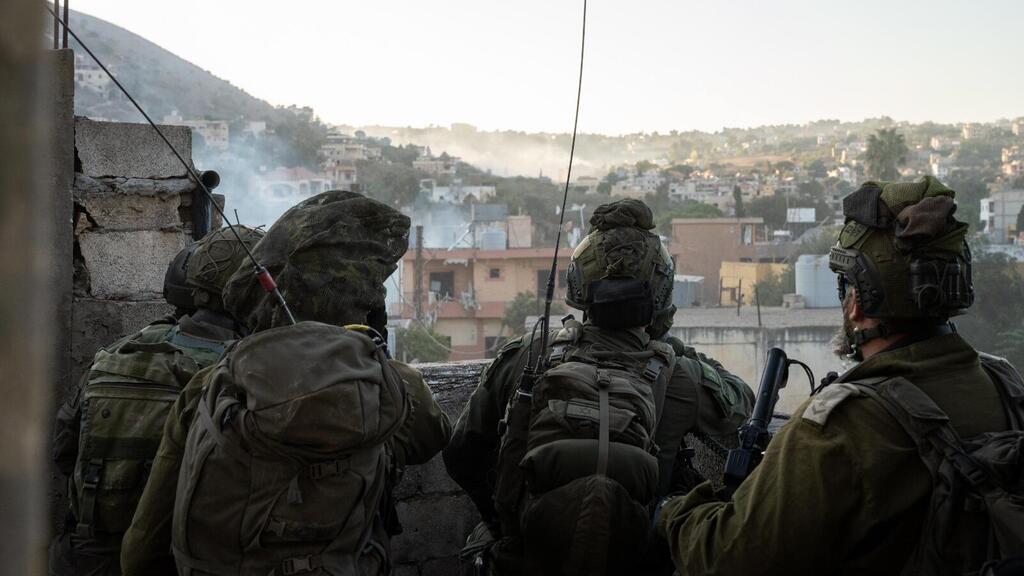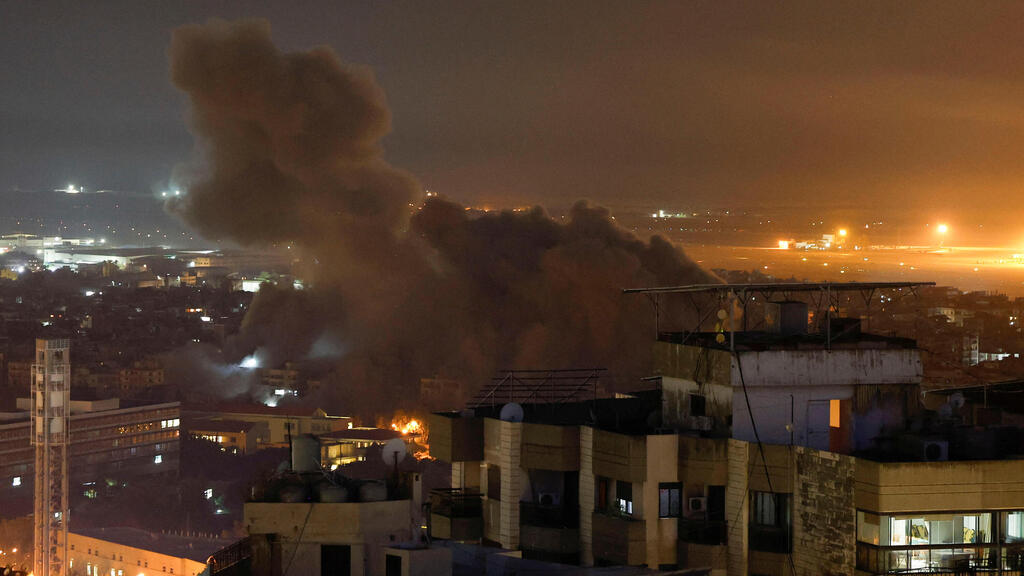Talks with the United States on a political arrangement to end fighting against Hezbollah on the northern border are in their final drafting stages, with Strategic Affairs Minister Ron Dermer leading the efforts with Washington, a senior Israeli official told Ynet on Wednesday.
At the center of the talks is a supplement intended to secure Israel’s operational freedom in case of violations by Lebanon. "This is the most important thing for Israel," the official stressed.
"We have clear understandings with the Americans," he added. "In cases of weapons smuggling from Syria, Hezbollah's rearmament or attempts at attacks — we’ll have backing to act." He noted that the agreement with Washington is especially significant amid the ongoing tensions between the countries. "The arrangement and legitimacy to act are very important to us.”
The main terms of the emerging arrangement include Hezbollah's withdrawal north of the Litani River, deployment of the Lebanese army in the country's south and prevention of weapons smuggling and deliveries from Syria.
Israeli representatives, including Dermer, have visited Moscow to try to enlist Russia's influence in pressuring Syrian President Bashar al-Assad’s regime alongside talks with the Americans.
"We’re already attacking in Syria, including military targets," the official revealed. Israel believes Russian President Vladimir Putin has an interest in preventing harm to Assad's regime that could potentially come from the continuation of weapons transfers to Hezbollah.
The officials also stressed, however, that there’s still significant doubt about Lebanon's willingness to agree to the arrangement. "You can reach understandings with the U.S., but the Lebanese can ultimately say no," he noted.
In that case, Israel has alternative operational plans and "won’t sit idly by nor allow this state of attrition to continue," and it will act "with greater intensity," in Lebanon until an arrangement is achieved.
A clearer assessment of the deal’s chances of being accepted is expected within the next two weeks. If finalized, the agreement will be presented for approval by Israel’s Security Cabinet and may also require a vote in the Knesset.
Get the Ynetnews app on your smartphone:





